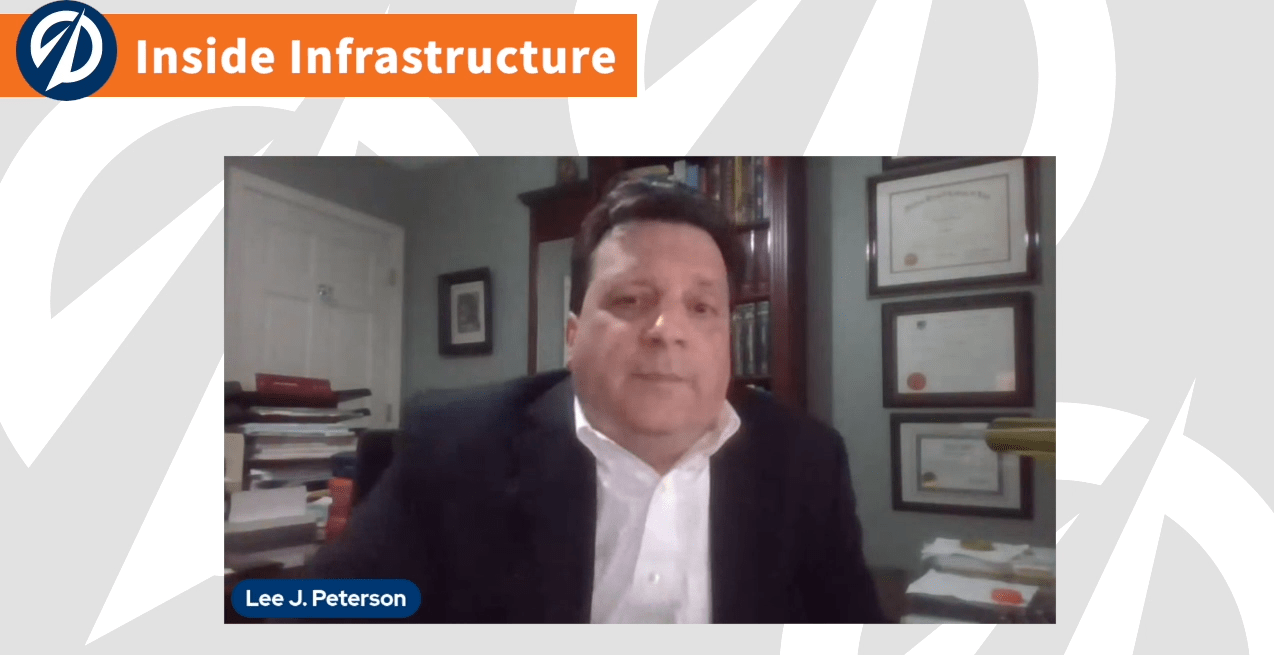New rules proposed for clean energy tax credits

As currently drafted by the House Ways & Means Committee (as part of the proposed $3.5 trillion budget legislation making its way through Congress), new rules may soon apply to claiming either the energy production tax credit (PTC; IRC Section 45) or the investment tax credit (ITC; IRC Section 48).
Under current (and historical) law, all one has to do to qualify for the full PTC or ITC is place eligible property into service, without making inquiry into the wages or labor that went into the project or the “domestic content” of the materials used (meaning, whether they were produced or originated in the U.S.).
The currently proposed federal tax rules would establish a tiered structure under which taxpayers would need to meet certain requirements in those areas to claim higher “bonus” rates, rather than lower “base” credit rates. It’s not expected that anyone would choose to claim the base credits alone; rather, the structure would simply make non-compliance so punitive that most would likely comply to get the full credits.
These rules would add a host of new administrative compliance requirements and possibly some increased economic costs. Many of these considerations may be new to those in the clean energy sector, particularly smaller clean energy developers, construction or manufacturing companies, and engineering, procurement, and construction (EPC) companies.
If the proposed legislation is passed into law, greater record-keeping and taxpayer documentation may become the new normal.
Read on for an overview of what to know now, and see the proposal for full information (including potential effective dates/timelines); but note that details are subject to change as Congress continues to develop this legislation.
“Prevailing wage” requirement
The bill as proposed would require that “laborers and mechanics” employed by contractors and subcontractors for construction (or within a certain time frame in cases of alteration or repair) of a tax-credit-eligible project “be paid wages at rates not less than the prevailing rates for construction, alteration, or repair of a similar character in the locality as most recently determined by the Secretary of Labor.”
Employers not meeting these requirements would have to pay these workers the difference between the wages paid and the prevailing-wage amount – plus interest – as well as pay a penalty of $5,000 per underpaid worker.
Apprenticeship requirement
The proposed bill would also require contractors and subcontractors involved in construction, alteration, or repair of a PTC- or ITC-eligible tax credit project to have a certain percentage of labor-hours of the work performed by a “qualified apprentice,” starting with 5% for projects that began construction before Jan. 1, 2023, and gradually increasing. And as proposed, if a project involves four or more workers, at least one would have to be a qualified apprentice. The proposal does include certain exceptions to these requirements.
Domestic content
Under the proposed legislation, a project that satisfies certain requirements for the use of steel, iron, or “manufactured products” produced in the U.S. would qualify for an additional credit increase.
Finally, a failure to comply with these domestic content rules would also cause a reduction in the amount of any refundable tax credit otherwise available for the PTC or ITC if such refundability becomes law under separate provisions of the proposed law.
What does CohnReznick think?
As currently formulated, this would most likely be further complicated by a lack of clear official administrative procedures and definitions, as well as the broader issue of whether businesses will in reality be able to find enough persons or materials to meet these new requirements.
As such, assuming any of these provisions make it into law, we would expect further official IRS guidance to help employers and project developers navigate these new tax credit requirements, with some period of regulatory uncertainty as we wait for clarification. Additional complexity may come from interagency interactions, such as with the U.S. Departments of Labor, Trade, or Commerce.
However, it should be noted that given the reconciliation process for passing such legislation through the Senate (a process subject to certain procedural limits), some of the above-described provisions, particularly the worker-related provisions, may not make it into the final Senate version of the bill and thus the final legislation that makes it to the president’s desk for passage.
Either way, thinking about how your company would meet and comply with these and other new provisions may still be a worthwhile exercise. Given the Biden administration’s policy of supporting wage-labor and union workers, provisions such as these may continue to appear in legislation moving through Congress over the next three years and require additional attention from taxpayers and their tax accountants.
Contact
Let’s start a conversation about your company’s strategic goals and vision for the future.
Please fill all required fields*
Please verify your information and check to see if all require fields have been filled in.

Inside Infrastructure: U.S. Infrastructure Plan Resource Center

CohnReznick Tax: Alerts and Webinars

Inside Infrastructure: Legislative Video Series
Related services
Any advice contained in this communication, including attachments and enclosures, is not intended as a thorough, in-depth analysis of specific issues. Nor is it sufficient to avoid tax-related penalties. This has been prepared for information purposes and general guidance only and does not constitute legal or professional advice. You should not act upon the information contained in this publication without obtaining specific professional advice specific to, among other things, your individual facts, circumstances and jurisdiction. No representation or warranty (express or implied) is made as to the accuracy or completeness of the information contained in this publication, and CohnReznick, its partners, employees and agents accept no liability, and disclaim all responsibility, for the consequences of you or anyone else acting, or refraining to act, in reliance on the information contained in this publication or for any decision based on it.












